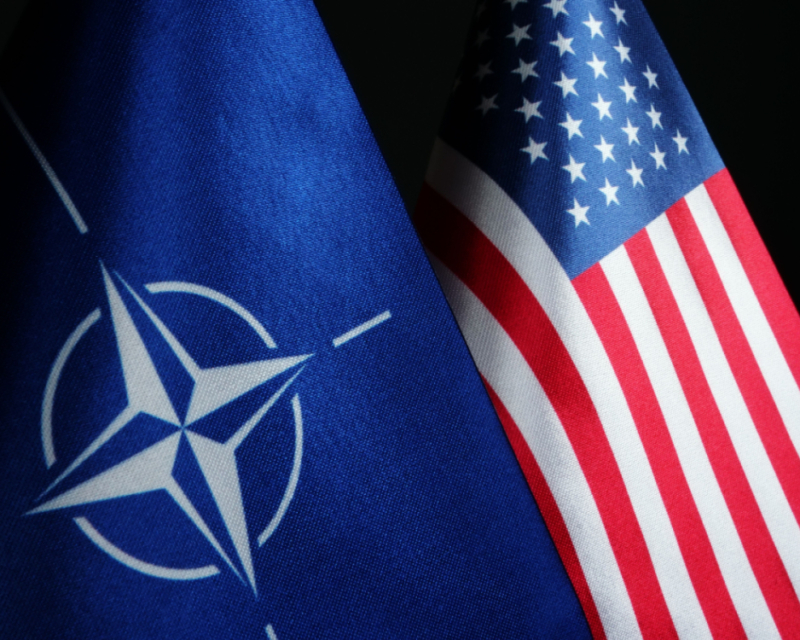Should the U.S. Reconsider Its Role in NATO?
In an era where domestic challenges are mounting and economic pressures are intensifying, the United States faces a pivotal decision: should it continue to bear a disproportionate share of NATO’s financial burden, or is it time for Europe to shoulder its own defense costs? As Washington covers 16% of NATO’s annual expenditure — a staggering $3.5 billion shared jointly with Germany — the debate about reallocating these funds to address pressing domestic issues gains urgency.
For decades, the U.S. has been the backbone of NATO, both in leadership and financial support. The numbers tell a compelling story: America’s contribution is nearly one-sixth of the alliance’s total budget. In contrast, many European nations fall short of their pledged defense spending targets. This imbalance is not just a financial inconvenience but a strategic vulnerability.
In a time when the U.S. faces significant domestic challenges — from a faltering economy to a burgeoning housing crisis — the question arises: should American taxpayers continue to subsidize Europe’s defense?
The U.S. is grappling with a myriad of economic issues that demand immediate attention and substantial funding. Infrastructure is crumbling, healthcare remains prohibitively expensive for many, and the housing crisis has reached alarming proportions, with affordable housing becoming increasingly scarce. These are not abstract problems; they are real, affecting millions of Americans daily.
Reallocating the $3.5 billion from NATO contributions to domestic priorities could catalyze significant improvements. Consider the potential impact of such funds on affordable housing projects, job creation programs, and critical infrastructure upgrades. This is not merely a shift in spending but a reassertion of priorities, placing the well-being of American citizens at the forefront.
Europe’s reliance on American military support is a relic of a bygone era. The geopolitical landscape has evolved, and so too must Europe’s approach to its own security. Strengthening European defense capabilities would not only balance the financial contributions within NATO but also foster a more resilient and self-reliant Europe.
Withdrawing from NATO is not a call for isolationism but a strategic realignment. It is about ensuring that U.S. resources are used where they are most needed — at home. The notion of America as the world’s policeman is increasingly untenable and unpopular among a populace weary of foreign entanglements and eager for domestic renewal.






